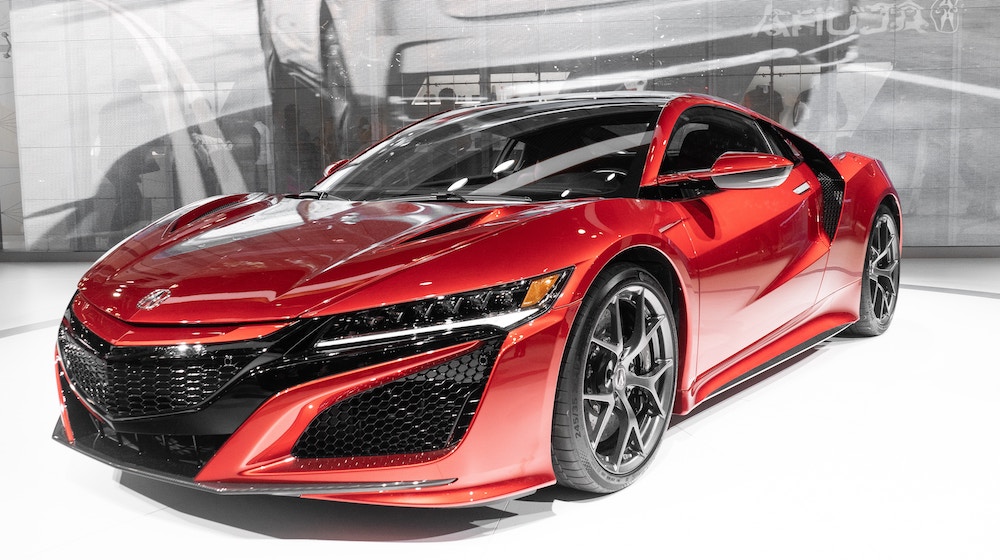Business
August Sees Worst Month Of Car Sales Since 2010
Wall Street has been bracing for falling sales in the US auto industry all year. Now, that anticipation has paved the road for that exact scenario…

Wall Street has been bracing for falling sales in the US auto industry all year. Now, that anticipation has paved the road for that exact scenario…
August Sees Worst Month Of Car Sales Since 2010
Auto sales in the US have been steadily on the rise since the end of the 2008-2009 recession. Until now. In the month of August, U.S. auto sales fell about 3.5 percent. General Motors, Ford, and Toyota, the top three auto sellers in the country, all reported drops in sales of at least 5 percent. Only Fiat Chrysler reported an increase in sales over 2015, and those numbers were reduced by 11,000 vehicles from their original report.
Since 2008-2009, the U.S. auto industry outperformed the overall U.S. economy due to built up demand, which has now been fulfilled. Some automakers are saying a long-expected sales decline has officially begun. Honda was down 3.8 percent as Accord sales plummeted 26 percent. Ford sales fell 8.4 percent, with the Ford F-Series pickup truck, the number 1 selling model in the USA, falling 6 percent.
Mark LaNeve, Ford's U.S. sales chief, said on Thursday the company will ring up fewer sales in 2017 than this year. Results in 2016 are expected to fall short of 2015’s record high sales of 17.47 million vehicles, according to Autodata Corp.
Does this mean don’t go out and buy a car? Or that all the car manufacturers are going under?
Not at all.
Auto manufacturers now have two options: slow production, or increase customer incentives. Ford's LaNeve said the company will manage supply with demand, but when asked if production will be slowed or plants shut down to accomplish that goal, he declined to say.
“Now the automakers' focus will shift from simple growth to market share and managing inventories,” said analyst Karl Brauer of Kelley Blue Book. “The use of incentives and fleet sales as a counter to plateauing retail sales will be the statistics to watch going forward.”
Another interesting piece to watch is how declining auto sales affect Tesla, as Elon Musk continues to increase production on current and expanding lines, such as the P100D.
For the time being, The Capitalist thinks the road has run out for the auto industry. Look for shares to continue to drop for all auto manufacturers.
More from The Capitalist
EU Lays Down The Bill. Apple Offers a Choice…
Google and Facebook May Now Have to Pay For Their News
The statements, views, and opinions of any article, contribution, editorial, or advertisement in this publication are not necessarily those of The Capitalist or its editorial staff, and are not considered an endorsement, sponsorship, or recommendation of any referenced product, service, issuer, or groups of issuers.This publication provides general information about certain subjects, and should not be construed or taken as advice (legal, financial, investment, tax, or otherwise). Do not construe or take any information in this publication as a solicitation, offer, opinion, or recommendation to buy or sell any securities, bonds, or other financial instruments or to provide any legal, financial, investment, tax, or other advice or service about the suitability or profitability of any financial instruments or investments.The Capitalist disclaims any liability for the accuracy of or your reliance on any statements, views, opinions, or information in this publication.




